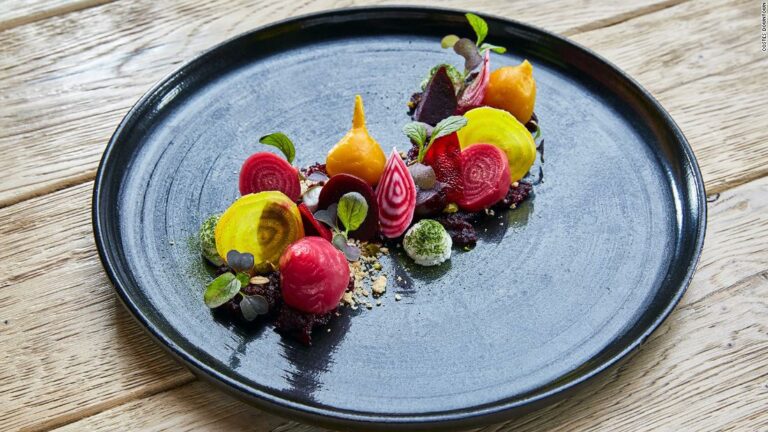Budapest Culture and Etiquette
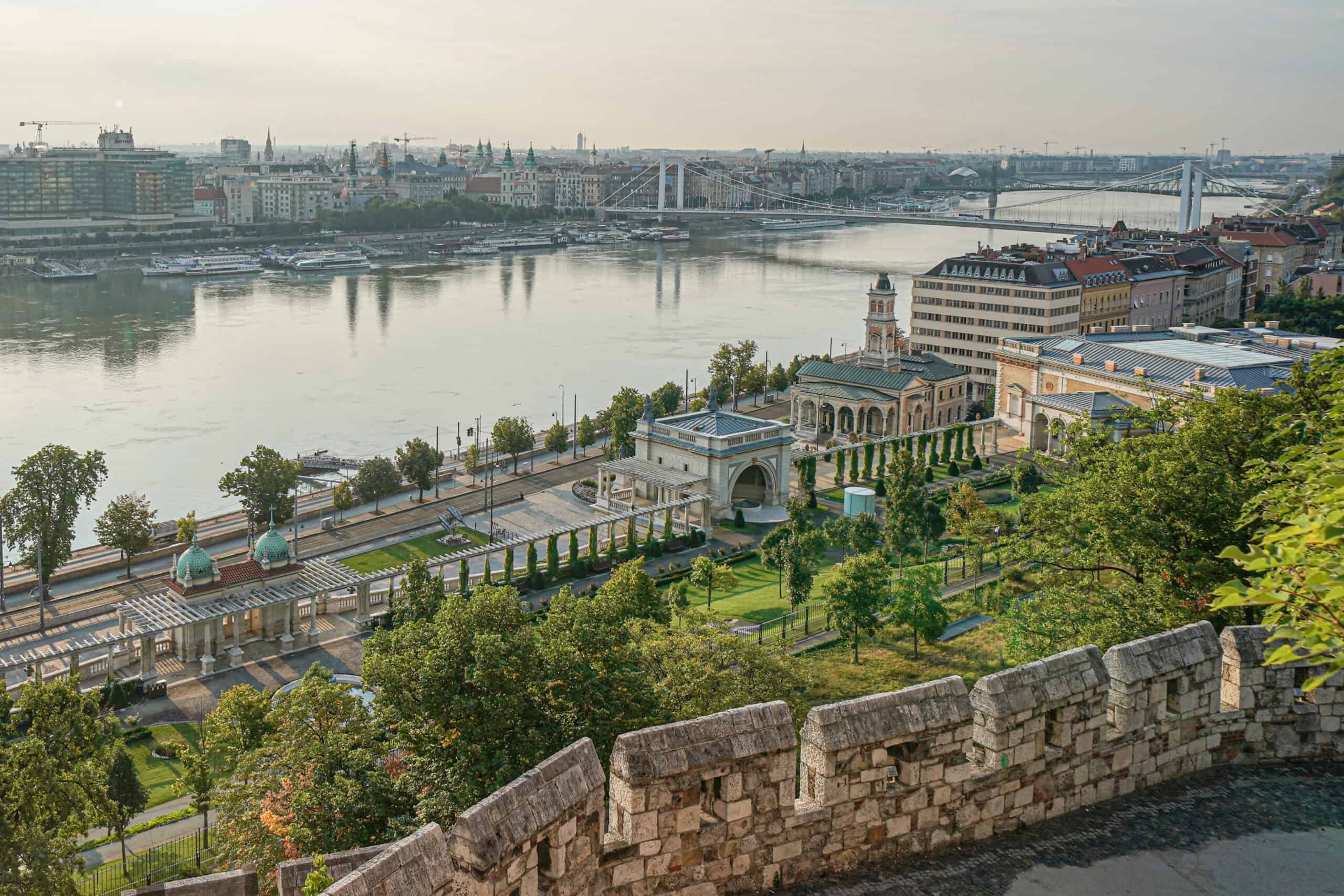
Budapest Culture and Etiquette: Essential Travel Tips for Visitors
Budapest, the capital of Hungary, is often praised for its stunning architecture, thermal baths, and rich history. But beyond the iconic landmarks, what truly defines the city is its people and their unique customs. Understanding Hungarian culture and Budapest etiquette can make your visit smoother, more enjoyable, and far more authentic. Whether you are strolling along the Danube, sharing a meal with locals, or navigating public transport, knowing a few social norms and travel tips will help you connect better with the city.
Everyday Customs and First Impressions in Budapest
Hungarians are generally polite and respectful, though they may appear reserved at first. In Budapest, people live at a faster pace than in rural areas, yet courtesy remains central. Greetings such as jó napot kívánok (“good day”) or a simple hello are always appreciated, especially in shops, restaurants, or when asking for help. Skipping a greeting may come across as rude.
Hungarians also take pride in their language. It is considered one of the cornerstones of national identity. Even if you only learn a few words—like köszönöm (thank you) or kérem (please)—locals will appreciate the effort. Many younger people and those working in tourism speak English, but trying Hungarian shows respect.
Another cultural aspect is personal space. Hungarians value it highly, and standing too close or unnecessary touching can make people uncomfortable. On public transport, in queues, or even during casual conversations, keeping a reasonable distance is seen as polite.
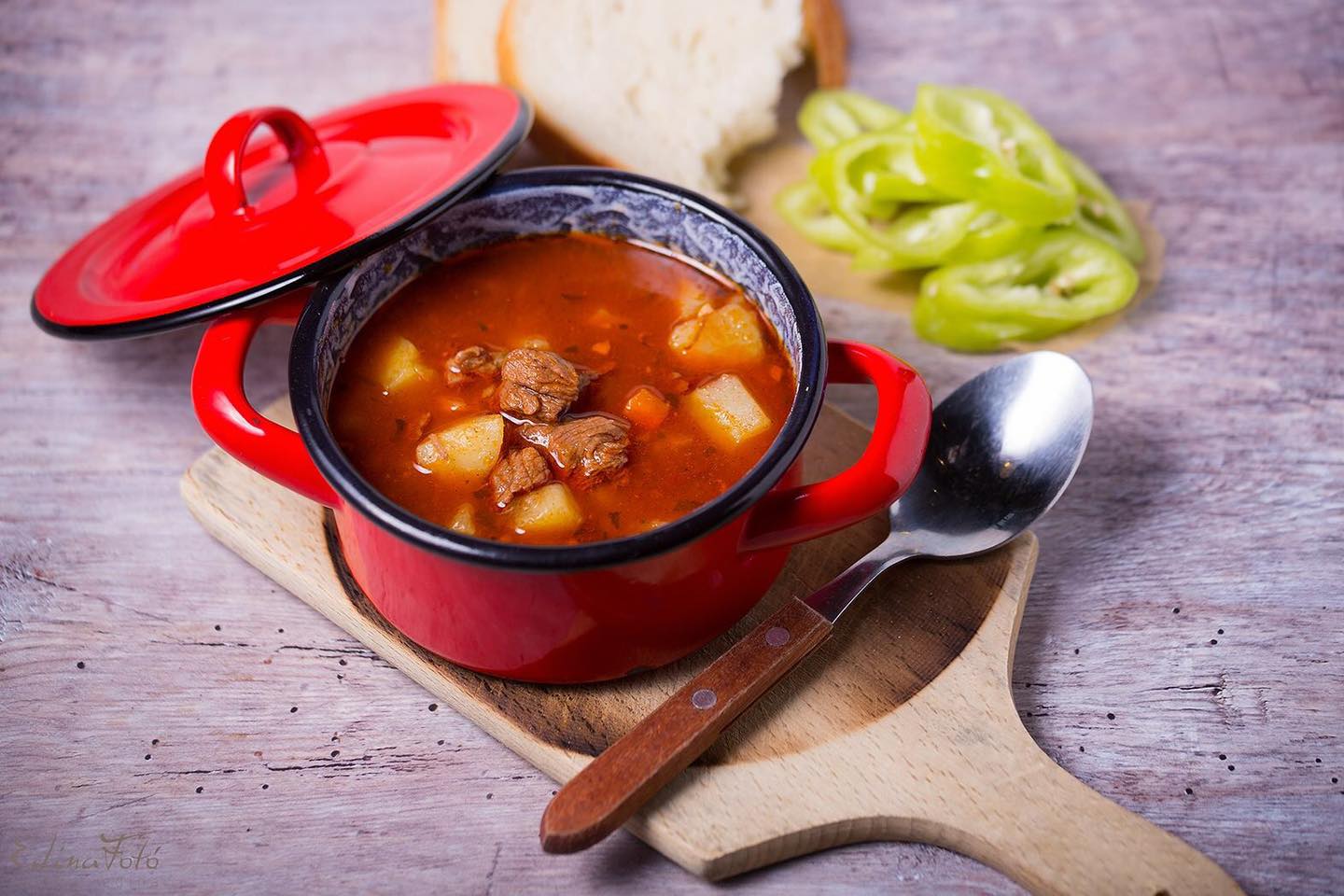
Hungarian Hospitality and Dining Etiquette
Hospitality is an essential part of Hungarian culture. If you are invited to someone’s home in Budapest, expect warm treatment and plenty of food. In fact, over-serving guests is a cultural expression of generosity—declining a second portion may even be taken as impolite.
A common custom in Hungarian households is to remove your shoes upon entering. Hosts usually provide slippers or expect you to bring indoor shoes. Bringing a small gift, such as flowers, chocolates, or a bottle of wine, is a thoughtful gesture when visiting someone’s home.
When dining, Hungarians appreciate polite table manners. Meals often begin with soup, followed by a hearty main dish. Traditional foods such as goulash, pörkölt, or lángos are beloved and worth trying. Drinking traditions also play a role in etiquette. One fun fact is that Hungarians traditionally do not clink beer glasses. This stems from a 19th-century historical event, and while younger generations may be less strict, many locals still avoid it.
If you are offered pálinka (a strong fruit brandy), be careful. It is a point of pride, and refusing it outright—or worse, saying it tastes bad—may offend your hosts. Even if you don’t finish, accept it with a smile.
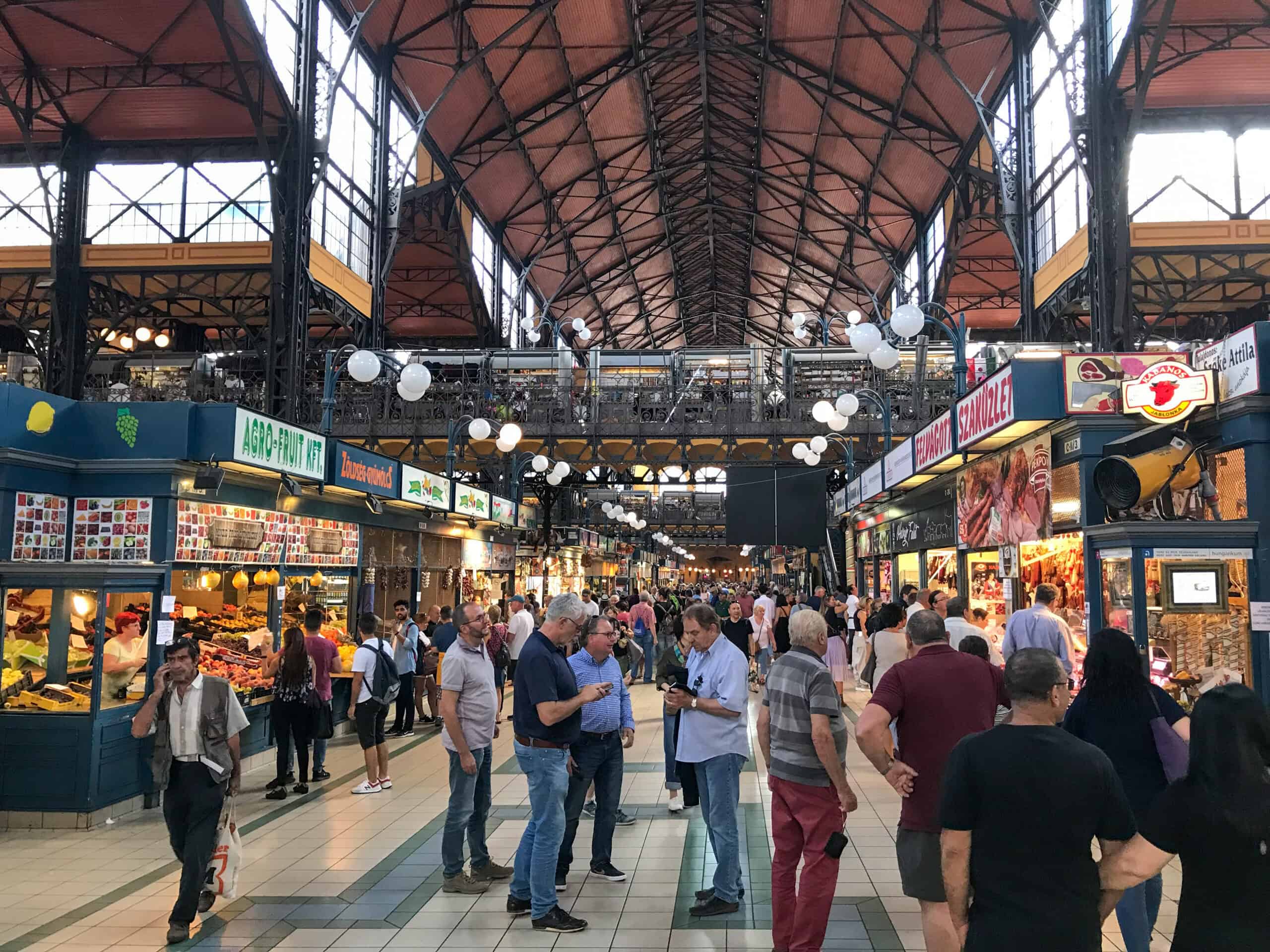
Conversation Topics and Social Habits in Hungary
When making small talk in Budapest, certain topics are safe and enjoyable. Culture, literature, music, food, and travel are popular themes. Hungarians are proud of their artistic heritage, and discussing writers, composers, or cuisine often leads to lively exchanges.
On the other hand, politics, religion, and sensitive historical issues should generally be avoided, especially with strangers. Asking about someone’s salary or personal finances is also considered intrusive. Hungarians prefer to build trust gradually before sharing personal details.
Queues (lines) are another social habit to note. Hungarians respect waiting their turn, so cutting the line is frowned upon. Whether at a bakery, ticket office, or tram stop, it’s best to wait patiently.

Getting Around Budapest: Public Transport and Driving Rules
Budapest has an efficient public transport system that includes metro lines, trams, buses, and trolleys. For tourists, this is often the easiest and fastest way to explore the city. But there are a few unspoken rules that locals expect everyone to follow.
On buses, trams, and the metro, it is customary to let passengers get off before boarding. Stand slightly aside near the doors and wait until the flow of people exits. Unlike in some cities, there is usually no need to signal the bus to stop—drivers will pull over if someone is waiting at the stop. The exception is when you are the only person at a smaller stop; in that case, a small hand signal can be helpful.
Seats are offered to the elderly, pregnant women, and people with disabilities, and doing so is considered good manners. Talking loudly on public transport is discouraged; locals prefer a quieter environment. Tickets must be validated before travel, and inspectors do check regularly.
As for driving in Budapest, Hungarian motorists generally follow traffic rules, including the use of turn signals and speed limits. However, driving can sometimes feel more aggressive compared to other European cities. Expect sudden lane changes, honking, or impatient overtaking. Despite this, road rules are taken seriously, and breaking them can result in fines. A local habit worth noting: drivers sometimes flash headlights to warn oncoming cars of police speed checks ahead.
Pedestrian rules are also important. Cross only at designated crosswalks, as jaywalking is frowned upon and can result in fines. Cars usually yield to pedestrians at crossings, but it is wise to make eye contact with drivers before stepping onto the road.
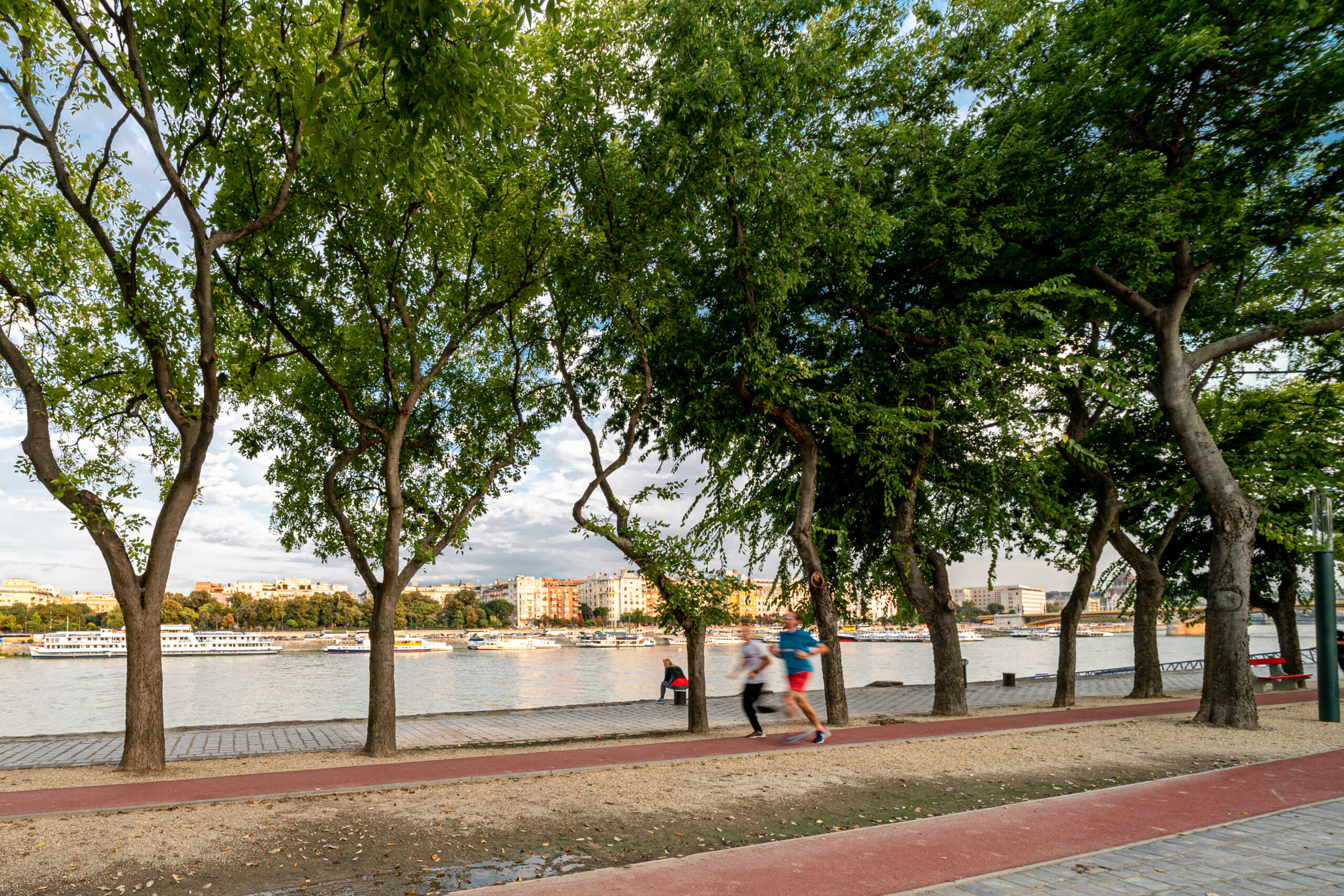
Fun Facts About Hungarian Traditions and Lifestyle
Hungarian culture is full of quirks and customs that may surprise visitors. Here are some interesting insights:
- Name Days: In addition to birthdays, Hungarians celebrate “name days,” based on the calendar of saints. It is common to receive flowers or small gifts on these occasions.
- Blowing Your Nose: In Hungary, it is polite to blow your nose discreetly into a tissue, but sniffing continuously in public is considered rude. Visitors from Asia sometimes find this surprising.
- Not Eastern Europe: Many Hungarians prefer not to be labeled as Eastern Europeans. They see Hungary as part of Central Europe, both geographically and culturally.
- Pálinka Pride: As mentioned, pálinka is a symbol of hospitality. Even if it’s strong for your taste, smile and accept at least a sip.
- Queues and Order: Whether at a café or buying tram tickets, cutting in line is one of the surest ways to annoy locals.
- Language Appreciation: Hungarians love when foreigners try speaking their language. Even a short szia (hi) or köszönöm (thanks) often earns a smile.
- Famous Hungarians: Hungarians are also proud of their world-famous inventors and achievers. The Rubik’s Cube was created by Ernő Rubik, vitamin C was discovered by Albert Szent-Györgyi, and László Bíró invented the modern ballpoint pen. Sports achievements, Olympic successes (waterpolo, swimming, kayak, canoe), and well-known artists (Harry Houdini) are also a source of national pride.
These little cultural insights make interactions in Budapest more meaningful and help avoid awkward moments.

Final Travel Tips for Tourists in Budapest
To make the most of your trip, here are a few final etiquette and travel reminders:
- Learn a few Hungarian phrases—it shows respect and often makes locals warmer.
- Respect personal space, especially on public transport and in queues.
- Don’t expect beer clinking, but do expect hearty meals and generous hosts.
- Be patient in traffic and on public transport; follow the flow of locals.
- Always validate your ticket before boarding metro or trams.
- Leave a 10–15% tip in restaurants and cafés; it is the norm in Hungary.
Budapest is a city where history, culture, and daily life come together in a unique rhythm. By embracing local customs and showing respect for Hungarian etiquette, you’ll experience the city not just as a tourist, but as a welcomed guest. From polite greetings to navigating trams, from sharing pálinka to respecting queues, these small gestures open doors to genuine connections and unforgettable memories.
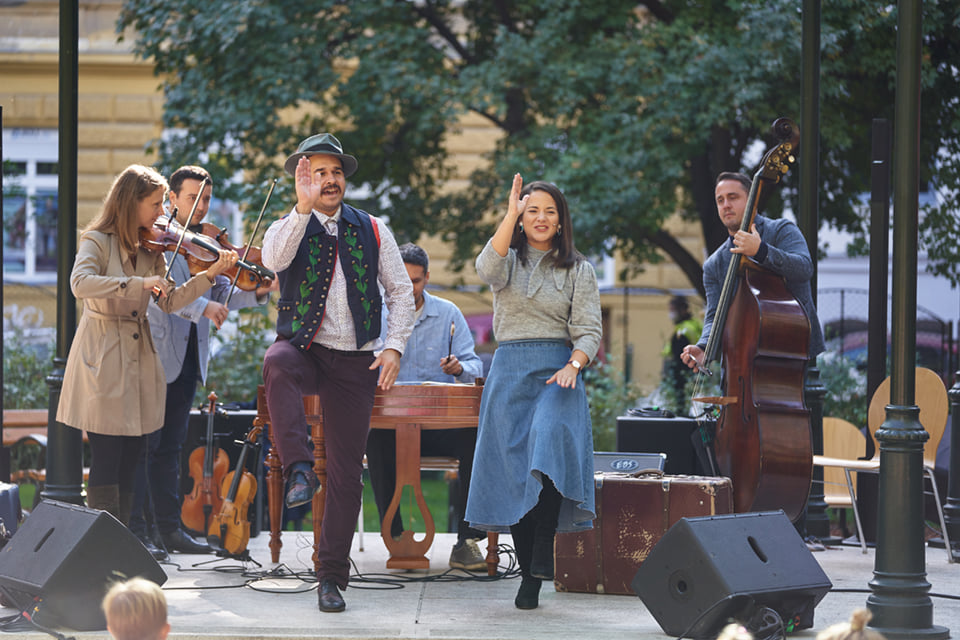
FAQ
What are the most important etiquette rules to know in Budapest?
In Budapest, always greet politely when entering shops or asking for help, respect personal space, and avoid cutting in line. On public transport, let passengers exit before boarding. Small gestures like saying köszönöm (“thank you”) make a big difference.
Do Hungarians speak English in Budapest?
Yes, many people in Budapest—especially younger generations and those working in tourism—speak English. However, locals appreciate when visitors learn a few Hungarian words, such as szia (hello) or kérem (please). It shows respect for the culture.
Are there cultural taboos tourists should avoid in Hungary?
Yes, a few. Avoid clinking beer glasses (a historical custom), don’t criticize pálinka (the traditional fruit brandy), and don’t label Hungarians as “Eastern Europeans”—they see themselves as Central Europeans. Also, sensitive topics like politics and history are best avoided with strangers.


